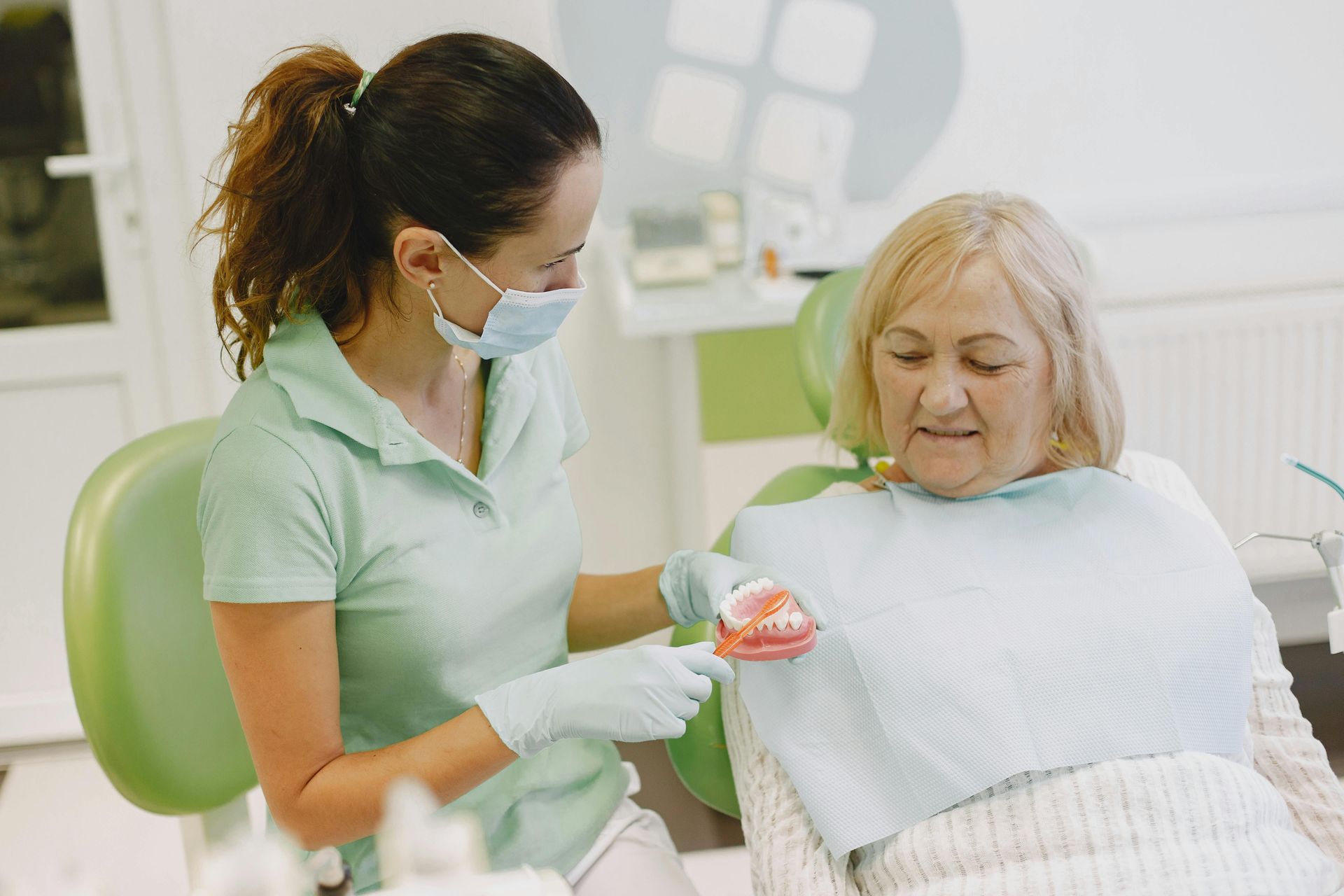Tips for Maintaining Healthy Gums
The Importance of Healthy Gums
Every smile tells a story, and healthy gums are its unsung heroes. Often overshadowed by the brilliance of teeth, gums are the foundational pillars of oral health. Delving into the crucial role gums play is vital, as they not only secure teeth in place but also act as guards against infections. This article explores comprehensive strategies to maintain robust gums, laying the roadmap for a healthier, more confident smile. By the end of this article, you will understand not only why gum health is essential but how to nurture and protect it through everyday habits and professional care.
Healthy gums are the foundation of a strong oral health regimen and are vital for overall well-being. While strong, cavity-free teeth are often seen as the hallmark of a healthy mouth, the role of gums is just as crucial. Gums protect the roots of teeth and work to support the bone structure of our jaws. When your gums are healthy, they serve as a barrier that prevents the onset of tooth decay and loss, keeping bad breath at bay and ensuring your smile stays bright and functional.
Additionally, maintaining the health of your gums is not just about preserving your smile. Research suggests that there's a connection between oral health and systemic conditions, such as heart disease. Therefore, caring for your gums can be seen as an investment not only in your oral health but also in your overall health. It's essential to understand how to keep your gums healthy as part of a more comprehensive approach to health and wellness.
Understanding Gum Health
At the core of gum health is the prevention of gum disease, also known as periodontal disease. This condition arises from the buildup of plaque, a sticky film composed primarily of bacteria and food particles. If not removed, plaque can harden into tartar, leading to inflamed and infected gums. To keep gums healthy, there are several key practices to follow.
First and foremost, maintaining excellent oral hygiene is paramount. This includes brushing teeth twice a day with fluoride toothpaste, using circular motions to ensure that all surfaces are cleaned effectively. Additionally, flossing daily is essential, as it removes food particles and plaque trapped between teeth which a toothbrush can't reach.
Another consideration for gum health is the role of professional cleanings. Regular check-ups with a dentist allow for the monitoring of gum health, and professional cleanings can remove any tartar that has built up, thus reducing the risk of gum disease.
Furthermore, lifestyle factors play a significant role in gum health. A HEALTHY DIET rich in vitamins and minerals can fortify gum tissue against infection, while habits like smoking can significantly compromise it. Dry mouth, which may be caused by certain medications or conditions, can also contribute to gum disease by reducing saliva production – a natural process that helps wash away food particles and neutralize harmful acids.
Finally, certain tools can aid in gum health maintenance. For example, an electric toothbrush can provide a more thorough clean for some individuals, while rinsing with a mouthwash formulated to promote gum health can offer additional protection.
Gum Disease: The Silent Threat
Gum disease, often undetectable by the individual in its early stages, is a silent threat to oral health. It begins as gingivitis, characterized by red, swollen gums that may bleed during brushing or flossing. When left untreated, it can develop into periodontitis, a more severe form of gum disease that can lead to tooth loss and jawbone damage.
The risk factors for gum disease extend beyond poor oral hygiene. Individuals with weakened immune systems, diabetes, or those who take certain medications that affect gum health are at an increased risk. The silent nature of gum disease highlights the importance of regular dental check-ups, as dentists are trained to identify early signs of the condition, ensuring timely intervention.
Daily Care for Healthy Gums
Maintaining healthy gums is a critical aspect of oral hygiene that should be part of your daily care routine. The key to preventing gum disease and keeping your gums in top shape lies in consistent and effective daily practices. The foundation of this care comprises thorough brushing, flossing, and rinsing with mouthwash.
Effective daily care includes:
- Brushing teeth at least twice a day: Use a fluoride toothpaste to protect against tooth decay and to strengthen tooth enamel. An electric toothbrush may enhance the brushing effectiveness for some people.
- Flossing daily: This removes food particles and plaque from between the teeth and under the gumline, areas where a toothbrush can't reach.
- Rinsing with mouthwash: Select an antibacterial or fluoride-containing rinse that can help reduce plaque and decrease the incidence of gingivitis.
- Drinking water frequently: Water helps clean the mouth of food particles and supports saliva production, which is essential for maintaining oral health.
- Eating a healthy diet: Foods rich in vitamins, especially vitamin C and A, are important for gum health.
- Avoiding tobacco products: Smoking and tobacco use are significant risk factors for gum disease and can impede healing in the gum tissue.
- Visiting the dentist regularly: Professional cleanings and check-ups are crucial for maintaining gum health and catching potential issues early.
Incorporating these steps into your daily routine can significantly reduce the risk of gum disease, promoting healthier gums and a healthier smile.
Brushing Techniques for Gum Health
Brushing your teeth isn't just about keeping your teeth clean; it's also vital for maintaining gum health. Here are techniques and tips for effective brushing:
- Use the right toothbrush: A soft-bristled toothbrush is recommended to avoid damaging the gums and tooth enamel.
- Apply gentle pressure: Brush with gentle, circular motions to massage and clean the gums without causing irritation.
- Angle the brush: Hold the brush at a 45-degree angle towards the gumline, which allows the bristles to clean beneath the gum edge.
- Clean all surfaces: Ensure you brush the outer, inner, and chewing surfaces of the teeth, as well as the tongue, for a full clean.
- Consider timing: Brush for at least two minutes to thoroughly clean all areas.
By following these techniques, you can help keep your gums firm and prevent the conditions where gum disease might take hold.
Importance of Flossing in Gum Care
Flossing plays a significant role in gum health, yet it is often underestimated or even skipped in daily dental care routines. Here are reasons why flossing should not be ignored:
- Plaque removal: Flossing removes plaque from between teeth and the gumline, where a toothbrush can't reach.
- Prevention of tartar: Regular flossing helps prevent the formation of tartar, which can lead to gum disease if not professionally cleaned.
- Reduction of inflammation: By removing bacteria and particles, flossing can prevent and reduce gum inflammation.
- Avoidance of gum disease: Daily flossing is one of the best defenses against periodontal diseases.
Routinely including flossing in your dental care can help maintain the health of your gums and prevent future dental issues.
The Benefits of Using Mouthwash for Gum Health
In addition to brushing and flossing, using mouthwash can offer several benefits for gum health:
- Kills bacteria: Many mouthwashes contain antiseptic ingredients that can kill bacteria associated with gum disease.
- Reduces plaque: Some mouthwashes are designed to help reduce plaque build-up, a precursor to gum disease.
- Freshens breath: While not directly related to gum health, fresh breath is a positive side effect and can improve oral health confidence.
- Can reach difficult areas: Mouthwash can access places in the mouth that floss and toothbrushes cannot reach.
While mouthwash should not be used as a substitute for brushing and flossing, it can be a beneficial adjunct in the fight against gum disease.
Lifestyle Habits for Healthy Gums
Beyond daily dental routines, there are several lifestyle habits that play a vital role in maintaining healthy gums. It's important to get adequate sleep, as rest helps the body regulate the immune system, which fights the oral bacteria that can cause gum disease. Staying physically active boosts blood circulation, including to the gums and teeth, consequently aiding oral health. Moreover, stress management, through activities such as meditation or yoga, is crucial since stress can lead to an increase in inflammation within the body, including the gums.
Embracing these behaviors—adequate sleep, staying active, and stress management—creates an environment that fosters overall well-being, including the health of your gums.
The Role of a Healthy Diet in Gum Care
A nutritious diet is a cornerstone for robust gum health. Essential vitamins and minerals found in whole foods support the immune system and can help the body fight off the infections that cause gum disease. For instance, vitamin C is known for its role in gum health, as it helps build and repair connective tissue, which can prevent gum separation and potential tooth loss. Foods such as leafy greens, carrots, and apples require more chewing, which stimulates saliva production and naturally cleanses the teeth and gums.
Incorporating a diverse array of nutrient-rich foods helps to maintain not just healthy gums, but also overall health.
Limiting Sugary Foods and Beverages
High intake of sugary foods and beverages is one of the most significant risk factors for the development of dental issues, including tooth decay and gum disease. Sugars react with the bacteria in plaque, creating acids that attack tooth enamel and inflame the gums. It is advisable to:
- Read labels carefully to avoid hidden sugars.
- Choose healthier snacks, such as fruits, nuts, or vegetables.
- Rinse your mouth with water after consuming sugary treats.
- Be mindful of sugary drinks, including sodas and fruit juices, which increase the risk of gum disease.
Limiting sugar intake is a simple yet effective way to protect the gums from harmful bacteria and maintain your oral health.
Quit Smoking for Healthy Gums
Tobacco use is a well-known risk factor for a multitude of health issues, including gum disease. Smoking affects the normal function of gum tissue cells, making your mouth more vulnerable to infections. Furthermore, it impairs blood flow to the gums, which can affect the healing process and the ability to fight off bacteria. Quitting smoking can significantly reduce the likelihood of developing gum disease, tooth loss, and bad breath.
Taking the step to quit tobacco can be challenging, but it's a powerful commitment to your oral and overall health. Keeping these habits in check will contribute to strong, healthy gums, and complement your daily dental care routine, while fostering a healthy lifestyle overall.
Prevention and Treatment of Gum Disease
Preventing and treating gum disease is essential for maintaining a healthy mouth and a radiant smile. To prevent gum disease, incorporating meticulous oral hygiene routines is critical. Brushing twice a day with fluoride toothpaste and flossing between teeth removes food particles that can lead to plaque buildup—a major cause of gum disease. Using an electric toothbrush can be particularly effective, as it may provide better plaque removal with its circular motions.
For those already experiencing some form of gum disease, seeking professional advice for treatment is paramount. This often involves a specialized deep cleaning procedure called scaling and root planing, which removes tartar from above and below the gum line. Following treatment, maintenance is key. This includes adherence to thorough oral hygiene practices and potentially incorporating antimicrobial mouthwashes or specific oral care products recommended by your dentist.
Making lifestyle changes, such as quitting smoking and improving dietary habits— particularly a diet high in anti-inflammatory foods—can help in managing and reducing the severity of gum disease. Additionally, managing health conditions like diabetes, which can impact gum health, is an important aspect of treatment.
Regular Dental Check-ups for Gum Health
Regular dental check-ups play an invaluable role in maintaining healthy gums. Dentists can detect early signs of gum disease, often before they become serious. Typically, a dental visit is recommended every six months, but this may vary based on individual oral health issues. These check-ups also provide an opportunity to review your oral hygiene techniques and make necessary adjustments.
During routine examinations, your dentist will assess the health of your gums, measure the depth of the spaces between your teeth and gums, and look for any signs of inflammation or infection. They may also take dental X-rays to detect bone loss associated with advanced gum disease, known as periodontitis. Timely intervention can prevent gum disease from progressing and leading to tooth loss or other oral health issues.
Professional Dental Cleanings for Optimal Gum Care
Professional dental cleanings complement daily oral care by thoroughly removing plaque and tartar that brushing and flossing at home can miss. Dental hygienists perform these cleanings using specialized tools, providing a deep clean that is key for gum health. During a professional cleaning, you may receive personalized advice on proper dental care techniques tailored to your needs.
Beyond keeping gums healthy, these cleanings can also have a positive effect on overall health. There's a link between gum disease and systemic conditions such as heart disease. Therefore, maintaining gum health through professional cleanings contributes to reducing the risk of such conditions.
How to Recognize Early Signs of Gum Disease
Being vigilant for early signs of gum disease can save you from more complicated health issues down the road. Common signs include red, swollen, or tender gums that may bleed during brushing or flossing. Persistent bad breath or a bad taste in the mouth can also be indicators. Other signs to watch for include receding gums, changes in the way teeth fit together when biting, or changes in the fit of partial dentures.
If you notice any of these symptoms, it's important to schedule an appointment with a dentist as soon as possible. Early detection and treatment can prevent progression to more serious forms of gum disease, which can lead to tooth loss and other health concerns. Plus, recognizing these early signs can help you maintain not only your oral health but also your confidence in a healthy smile.
Extras for Gum Care
In addition to the basic oral hygiene routine, incorporating a few additional practices can provide extra protection for your gums. Drinking water frequently, especially after meals, rinses away food particles and decreases the risk of gum disease. Using toothpicks gently can help in removing trapped food pieces, although caution must be exercised to avoid injuring the gums. Interdental brushes are also a great choice for cleaning between teeth. When considering products like mouthwash, opt for therapeutic versions that target bacteria and not just for fresh breath, ensuring their health claims are backed by credible evidence.
The Benefits of Chewing Sugar-Free Gum for Gum Health
Chewing sugar-free gum can be surprisingly beneficial for your gum health, especially when brushing isn’t immediately possible. It promotes saliva production, which is the mouth's natural defense mechanism against tooth decay and gum disease. The saliva neutralizes acids produced by bacteria, provides essential minerals to reinforce tooth enamel, and washes away food particles. Chewing sugar-free gum with xylitol, a natural sweetener, can also inhibit the growth of bacteria that cause cavities and gum disease.
The Role of Saliva in Gum Care
Saliva is a key player in maintaining gum health. Its functions extend beyond moistening the mouth; it also helps neutralize acids, washes away food and debris, and aids in the digestion process. Rich in proteins and minerals, saliva contributes to the repairing and rebuilding of tooth enamel, effectively defending against the acids that can lead to dental issues.
For optimal saliva production, maintaining a healthy diet is essential. Foods high in fiber stimulate saliva flow, and staying well-hydrated ensures that the saliva retains its protective qualities. Regular health checks, to control conditions like diabetes that can affect saliva production, are equally important.
Understanding the multifaceted role of saliva can lead to better gum care practices and healthier smiles.
At Don River Dental we give you the best tips to maintain your gums healthy. If you are experiencing any symptoms or pain please feel free to call us at (416) 901 - 9292 and someone from our team will be happy to answer any questions and schedule an appointment as soon as possible. We offer safe soothing dentistry in North York.












